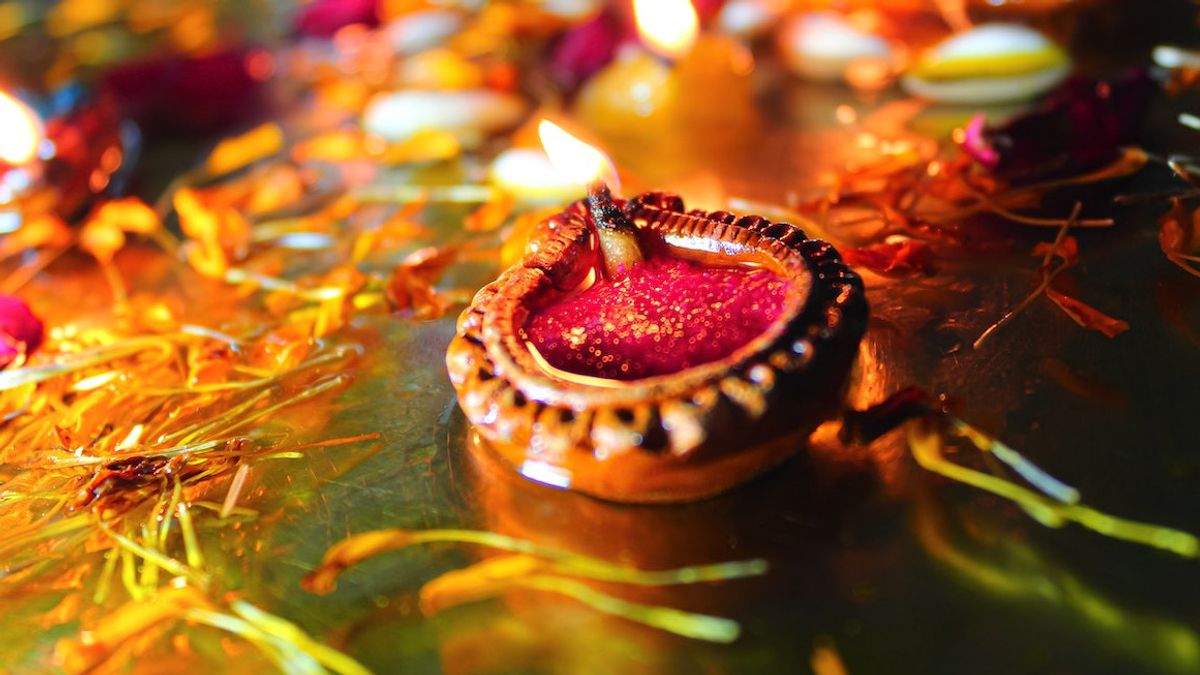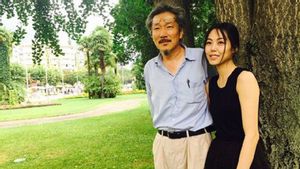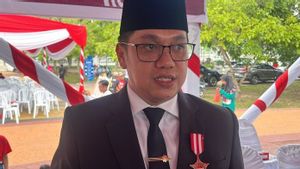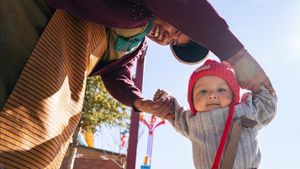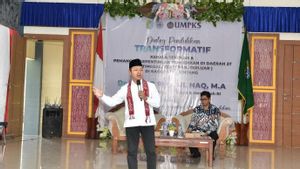YOGYAKARTA Every culture has a way of expressing the harvest season and victory. Included in the Diwali festival which is scattered in light. So what exactly is Diwali? Come on, check the full explanation below.
In terminology or the origin of the word, Diwali comes from Sanskrit, deepvali which means a line of lights that lights up. For some, the celebration of Diwali coincides with the harvest and celebration of the new year. Quoting the BBC UK, Monday, October 24, Diwali is also interpreted as a festival celebrated to start a victory of goodness over evil and light over darkness.
Uniquely, this light-studded celebration falls on an uncertain date every year. But generally held between October and November. This year, Diwali lasted for five days, namely between October 22 and October 26 with the main day of celebration on Monday, October 24.
Diwali, which has been celebrated for almost a week, is celebrated by millions of Hindus, Shakh, and Jain around the world. When festivals are held, starting from homes, shops, and public places are decorated with small oil lights called diyas. People also enjoy fireworks and candy. This moment, of course, is a happy day for the children.
In society that holds Hinduism, interpreting the day of Diwali based on historical stories. When Dini, Hindus celebrate the return of the god Rama and Sita to Ayodhya after 14 years of their exile. The day of Diwali is also celebrated as the day that Dewi Durga's mother destroys a demon named Mahisha.
In contrast to Shakh, who celebrated Diwali as the day of his release from the prison of the sixth teacher Hargobind Singh in 1619. But the Shakh celebrates Diwali before October 22-26. Another meaning about Diwali's day is according to Jainism. The founder of Jainism is Lord Mahavira, who during the Mayor of the people of Jain celebrated reaching a situation called Moksha (nirwana, or eternal happiness).
The celebration of Diwali in India in particular and in the world in general, is celebrated by turning on many lights at home, on the streets, and around the residence. In addition, kinship and friendship are also carried out. People who celebrate visiting each other are visiting their relatives and partying. The fireworks and celebratory events are also "lit". Dewi the wealth in Hinduism, Dewi Laksmi, was also praised at the moment of Diwali as a blessing for the new year.
The English, Chinese, Japanese, Arabic, and French versions are automatically generated by the AI. So there may still be inaccuracies in translating, please always see Indonesian as our main language. (system supported by DigitalSiber.id)
